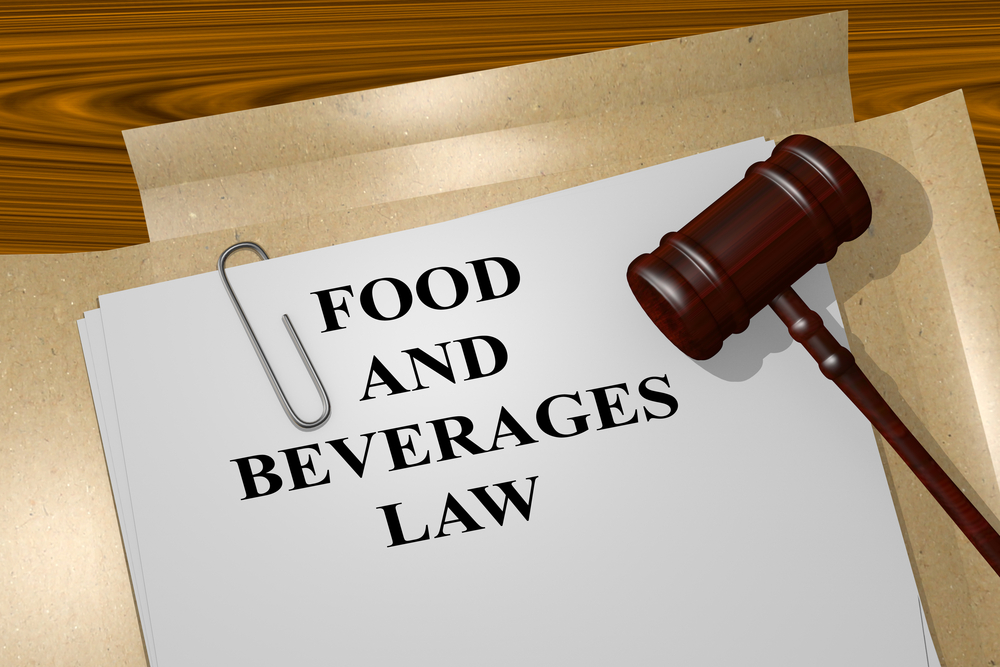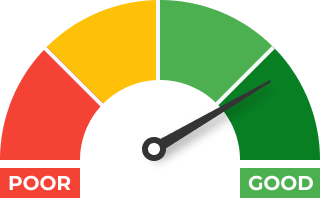Getting a food and beverage license in Florida isn’t an easy endeavor, but it’s definitely feasible as long as you fulfill a set of certain conditions issued by the government. Certain legislations seem as if they are out of reach for the average person, but it’s not always as complicated as it looks.
If you’re planning on selling food, you are required to follow a list of steps in a specific order. We are going to cover the aforementioned list in this article so that you can get a better idea of what to do in order to get a food permit in Florida. Bear in mind; this is just a short overview of the said rules, the best course of action for you is to consult a professional before you decide to commence the registration process.
Steps Required to Get a License:
-
- Before you seek a Florida food license, you should first select the food venue. The Department of Business and Professional Regulation (DBPR) website should provide more than enough information about the processes you’re about to go through. This department also administers the Division of Hotels and Restaurants, which is a department you’ll need to refer to when it comes to relevant information about the whole process.
- In case you’re planning on doing business in a retail setting, the Florida Department of Agriculture and Consumer Services (FACS) should be your first stop. It is important to point out that each county in Florida has a website containing relevant information about the process.
- Once you get that done, the next step is to secure a sales tax number by contacting the Department of Revenue (sales tax division). They will issue further instructions and offer you a better insight into the next few steps. You can reach them via phone (800-352-3671), or by visiting their website.
- In order to protect your business, you’ll have to get a federal employer identification number (FEIN) by contacting the US Internal Revenue Service and filling the application. You can reach them by calling (800-829-4933). This particular step can be done within a day, and it’s free.
- As mentioned, finding a venue before applying for a license is important. The reason is pretty simple – a permit is distributed by either the DACS or DBPR depending on the store setting.
For instance, people who are planning on selling food in a grocery store setting should contact the Food and Meat Inspection’s Licensing Permit Registrations department. Visit their website and complete the application for the initial inspection. Both DACS and DBPR require you to meet certain standards which are listed in the PDF file that can be found on their website. - The next step includes a submission of facility plans to the Division of Hotels and Restaurants, in case your new business meets a set of conditions that aren’t applicable to the DACS. Once you finish the application process, you should obtain licenses for each food service on the premises. This is done in case you want to have a hot dog stand (or similar) near a hotel or around the premises.
- One of the final steps is getting a license from the Public Food Service and Lodging Establishment Licensing website. This process should take about a month, and it includes a $50 fee.
- Ultimately, new food sellers are required to pass a safety and sanitation inspection before opening the business. However, this should only be done once everything else is settled and relevant permits are acquired. Once you get the approvals, call (850-487-1395) and set up an inspection.
Are you curious to find out more about Florida food and beverage licenses? Or simply want to be familiarized with the requirements you’ll need to fulfill before opening a bar or a restaurant? Visit our blog to read more topic-related articles!









 +1 (786) 292-2373
+1 (786) 292-2373 insights@glimpsecorp.com
insights@glimpsecorp.com





